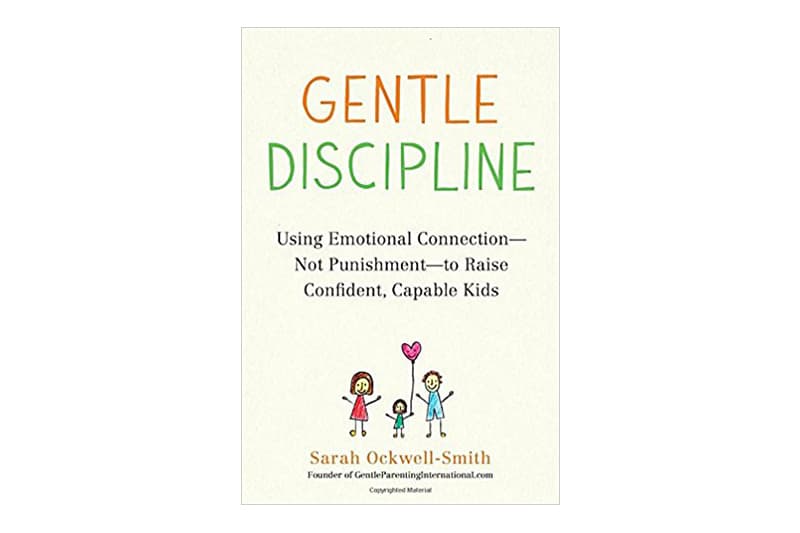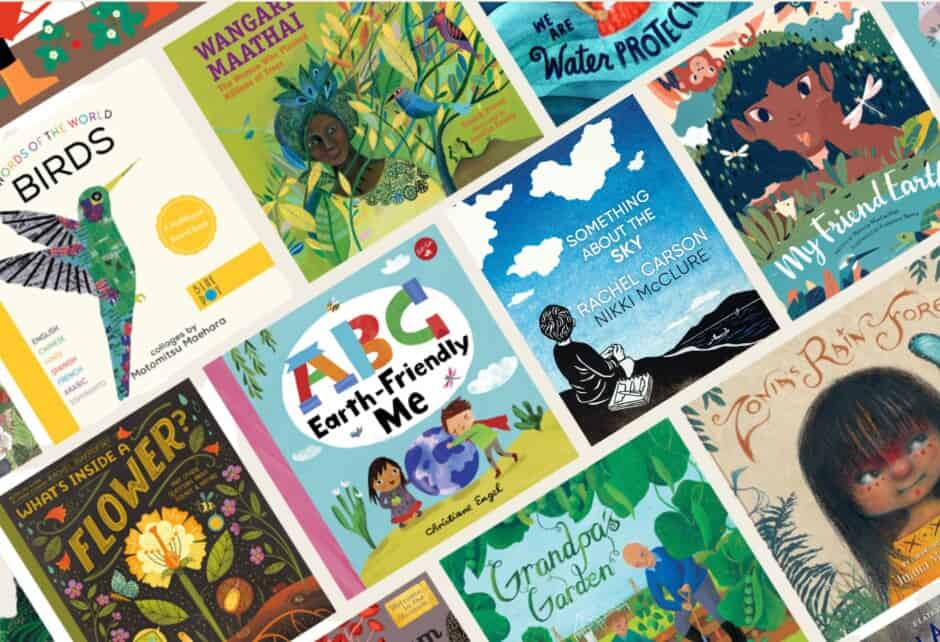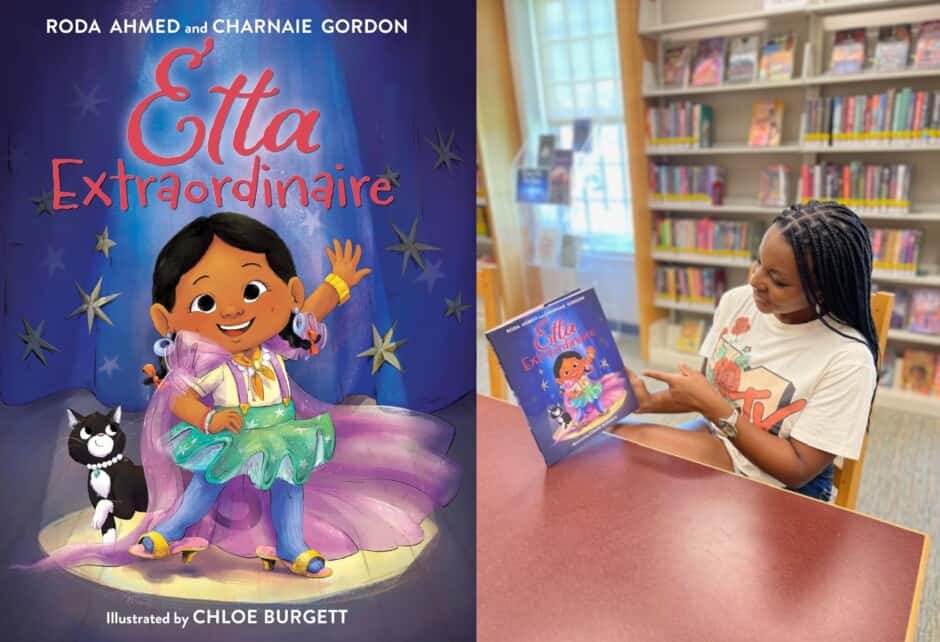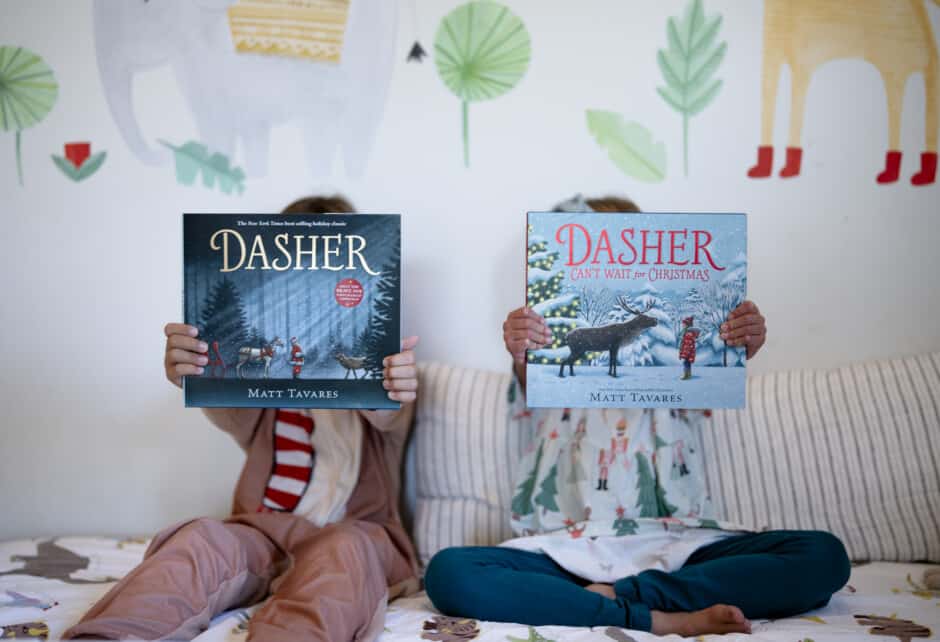
Book Review: Gentle Discipline
Written by Kate MacLean
Photography by Photo Via Amazon
It should be noted: Recently, a woman was writing a book review upstairs in her Vermont home, trying hard to concentrate on the assignment. As she wrote, her four-year-old son threw a tantrum in the room below that seemed to orbit around a bath time dispute, but took enough wild tangents that the core was sufficiently obscure to both parent and child. She listened intently as her husband, exhausted already at 9 a.m., did his best to maintain his calm, and fumble towards a resolution. Ultimately, it required her intervention; the book review waited. She thought as she left her work, how apropos, but still was at a loss for an immediate resolution. Ten minutes later, humbled, she climbed the stairs once more to her work, wondering if they were raising a psychopath, or if he had merely not eaten enough for breakfast.
There is an endless parade of contradicting and alarming results when you google, “best way to discipline a child”. Each headline seizes upon the doubt and fear one has in raising one of their own, and bathes in its dark splendor. “Kelly Clarkson Opens Up About Her Decision to Spank Her Two Kids!” and “Does Spanking Children Lead to Domestic Violence?” and “Attachment Parenting Leads to More Independent, Healthier Children” or “Everything You’re Doing is Wrong! Start Being a Better Parent Before It’s Too Late.”
The last one is made up, but likely exists out there somewhere. The sentiment is the same. Parents are inundated without reprieve on how they are getting “it” wrong, alongside some well-intentioned, but tired suggestions about “how to be better”. So, it was with heavy hands that this latest book was read. Actually, it was listened to. The book was coming from the U.K., and seemed to have mistakenly been sent upon a rowboat to cross the Atlantic, so an audiobook served nobly in its steed. It turns out, while reading a book about “how to be a better parent” can seem like the punishing homework you don’t have time for, listening to the book—while doing a million other things—was found easier to digest.
Sarah Ockwell-Smith’s new book Gentle Discipline, handed down to the scattered American parent and read in her soothing and confident British lilt, is a how-to worth—at least—listening to. It’s overarching thesis is: yes, you are probably doing it wrong. But, as her title suggests, even this news is broken to the reader/listener in the most gentle way possible, so that the parent feels like she has not done anything irrevocably wrong. She’s been doing her best, even if her best was foolish, misguided, and bumbling.
Ockwell-Smith has a gentle dynasty complete with guides on feeding, potty training, sleep, and more. Without reading any of the others, one could likely glean her main thread to be similar throughout: stay calm and do your best; meet your child where they are and talk to them on their level.
The key, she claims—and thus where to begin—to effective discipline is finding out why your child is misbehaving. Often (and we all intrinsically know this), the tantrum or rotten behavior is because your child is a) hungry b) sleepy or c) uncomfortable. Children (and many adults) aren’t capable of communicating these very basic needs effectively. She cites the pyramid of Abraham Maslow’s Hierarchy of Needs, which is brilliant in its simplicity. So often it is the very basic building block of this pyramid, the physiological needs (food, water, warmth, rest) that parents struggle to remember in the chaos that is raising young children. Above the physiological lies safety, then love and belonging, followed by esteem, and then self-actualization at the top to be attained only after each of the previous building blocks are provided. In fact, it is Ockwell-Smith’s adoption of Maslow’s theory to parenting that is perhaps her biggest contribution to parents in this book.
Ockwell-Smith argues for a type of parenting that builds more on a relationship of trust, respect, and communication, rather than discipline. She promotes a parenting style that first observes how best a child learns (visually, through sound, kinesthetically, etc.) and then matching one’s discipline to these learning styles. She disdains punishment as much as rewards, including ignoring and time-outs, star charts, and dessert. She contends that these only match the behavior with punishment or reward, and do nothing to promote further learning for better behavior.
In the end, Ockwell-Smith, a mother of four, agrees that no parent can be perfect. She hopes for herself—and for the parents she teaches—to aim for a 70-30 goal, doing our best 70% of the time and cutting ourselves slack the other 30%. This is not permission to be wicked and lock your children in closets, but to allow for and embrace your own mistakes. For, as she writes, “… it is our mistakes that are most important in terms of our growth as parents. Each time we don’t quite do our best, we can learn and we can teach our children how to handle disappointment, failure, and getting it wrong. We can teach them grace, honesty, and humility.” Forget the reading, writing, and arithmetic, if you raise a graceful, honest, humble child, you’ve done a damn good job by any book.
For even more reviews on parenting resources, be sure to check out Book Review: How Do I Explain This To My Kids and Book Review: The Vanishing American Adult.
Share this story




